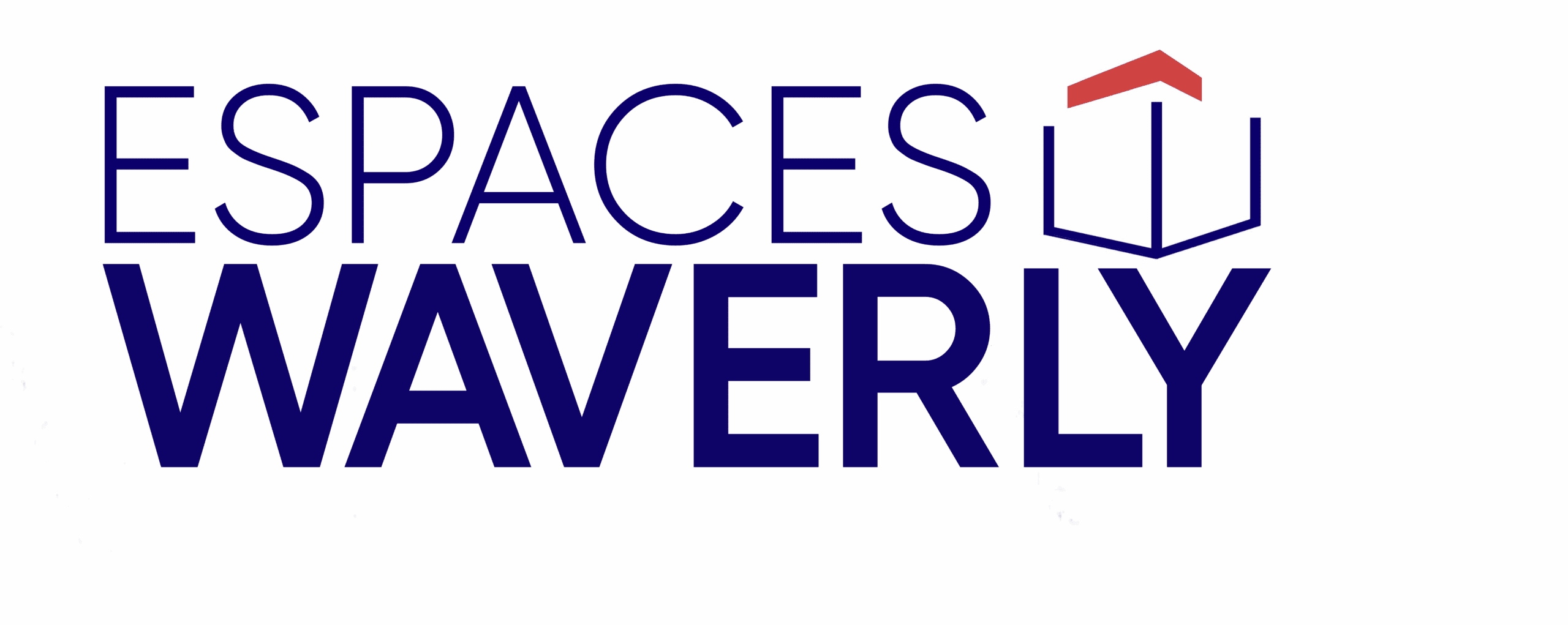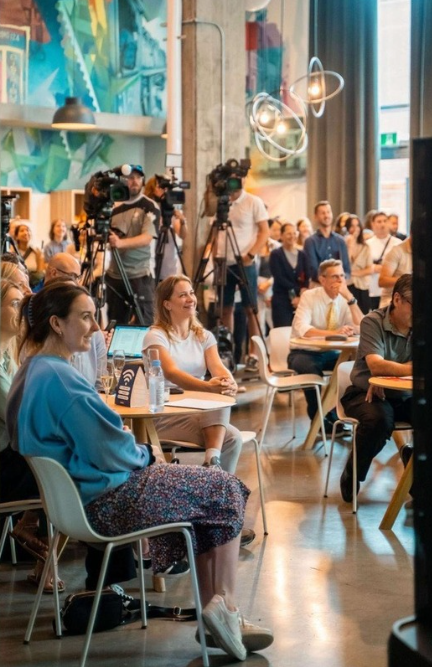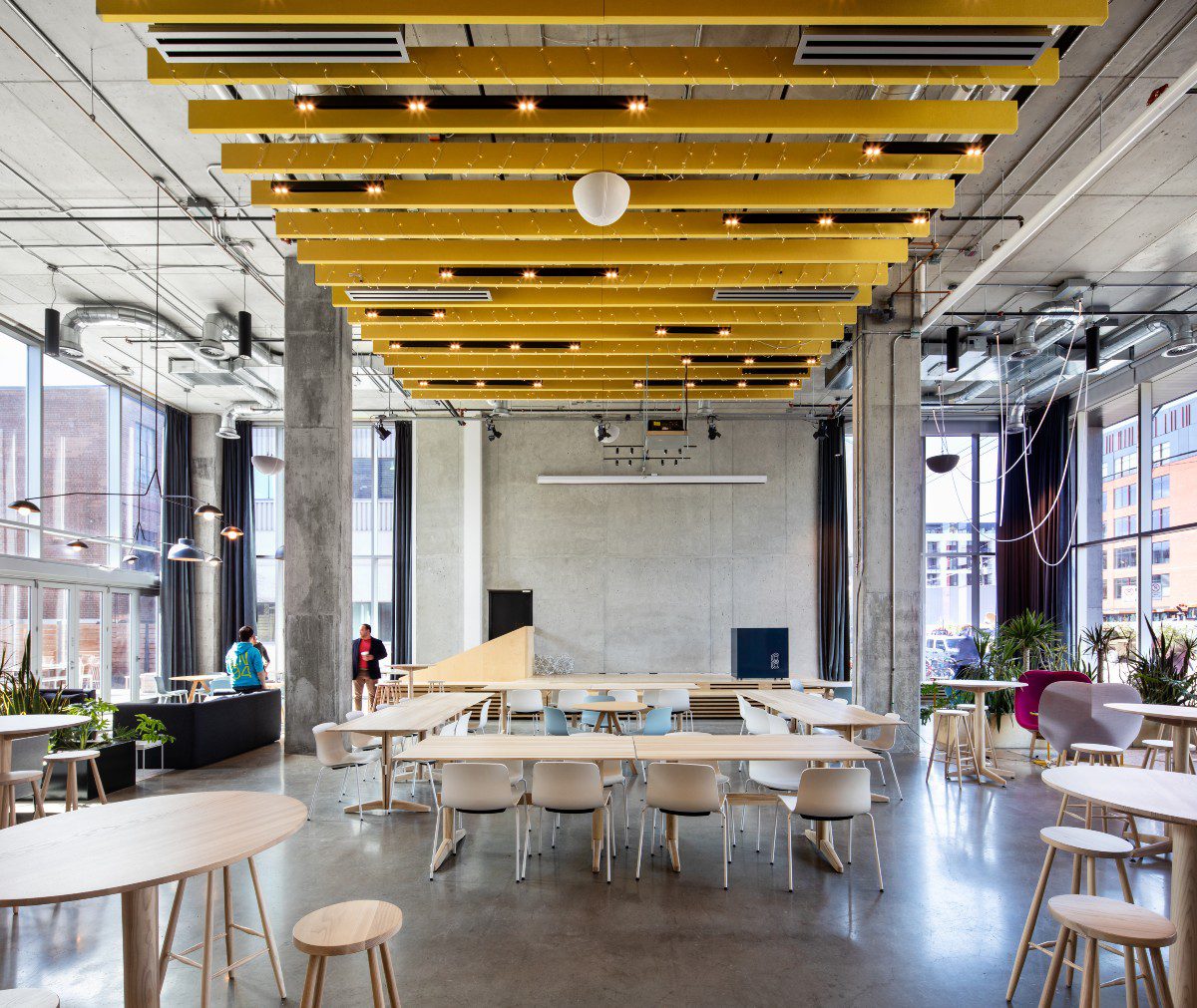A rapidly changing world of work
In recent years, the world of work has changed radically. Companies are now looking for more flexible solutions that are better suited to rapidly changing realities. Traditional leases, which are often rigid and restrictive, are losing ground to flexible offices, which offer a much more modern and advantageous alternative. In this context, the question of choice becomes crucial: what type of flexible office is really right for your organization or event project? Behind this question lies a strategic consideration that affects not only the size of your company, but also the nature of your activities, your growth ambitions, the work culture you want to develop, and even the way you want to receive your customers and partners.
Flexible offices as a philosophy
Flexible offices are not just a matter of physical space. They embody a philosophy where modularity, adaptability, and logistical efficiency are central concerns. For a young startup, this can be a breath of fresh air, as resources are often limited and flexibility allows them to focus on development rather than managing a real estate lease. For a growing medium-sized company, it is a way to test new markets, accommodate more staff without reorganizing the entire structure, and take advantage of a turnkey professional infrastructure. Finally, for a large organization, it is an opportunity to organize specific projects or one-off events without weighing down its real estate model.
The case of small businesses and startups
For a small business or startup, the priority is usually to reduce fixed costs while projecting a professional image. A small-scale flexible office with a modular workspace for a few people may be sufficient. The important thing is to find an environment that reflects the company’s values and can evolve with it. The office then becomes much more than just a place to work; it becomes a tool for growth. Proximity to customers, accessibility by public transportation, and the availability of shared facilities such as meeting rooms or relaxation areas are all key criteria. The idea is not to have a large space right away, but to focus on flexibility to support upward growth.
The needs of medium-sized companies
For a medium-sized company, the challenge is slightly different. These structures often have diverse teams, with needs that vary from one department to another. They may also have special projects that require spacious meeting rooms, training areas, or suitable creative spaces. In this case, flexible offices are a particularly attractive solution. They provide modular spaces that can be expanded or reduced as the workforce and projects evolve. A company of this type must consider the fluidity of its operations: how can it ensure that its employees have a comfortable working environment without tying up financial resources in square footage that may remain empty in the medium term?
The flexibility sought by large organizations
For large companies, the logic is different. These organizations often have their own infrastructure, but they also need flexibility for temporary assignments, project teams, or specific events. Renting a flexible office to accommodate a seconded team, organize a seminar, or test a location in a new city becomes a strategic solution. Rather than investing heavily in new premises or reorganizing an existing structure, the company can take advantage of the flexibility and quick access offered by a flexible space. It is also a way to create a neutral environment conducive to creativity and collaboration, outside the usual setting.
Adapt the choice to the nature of the project
The choice of a flexible office is not based solely on the size of the company. It must also take into account the nature of the project. For example, an event project does not require the same conditions as a long-term office for a growing team. In the case of an event, acoustics, room layout, audiovisual equipment, the possibility of hosting a caterer, or offering a memorable experience to guests become priority selection criteria. The modularity of the space, the possibility of transforming a workplace into a conference room or reception area, ease of access for guests, and parking are all factors that must be carefully evaluated.
The importance of localization
Location is also a key factor. A flexible office should ideally be located in an accessible area, well served by public transportation and close to major highways. For a company that wants to impress its clients or welcome international partners, the prestige of the address can also play an important role. The choice of location must therefore be aligned with both operational needs and the image you want to project.
Services included as a determining factor
The services included are another determining factor. Some flexible offices simply offer bare space, while others provide complete infrastructure: modern furniture, high-speed Internet, audiovisual equipment, support staff, security, maintenance, and even additional services such as catering. The more a company grows, the more these details become essential to simplifying day-to-day management. When hosting an event, these services also save valuable time and guarantee quality.
The budget issue
Budget remains a key factor. Flexible offices generally allow for better cost control, but it is still necessary to find the right balance between price and benefits. For a small business, every dollar counts and maximizing return on investment is essential. For a large organization, logistical efficiency and speed of implementation may justify higher costs. It’s not just a question of savings, but also of value created. A flexible space that promotes productivity, innovation, and employee engagement can have a much greater positive impact than the costs incurred.
The importance of corporate culture
Corporate culture must also be taken into account. Choosing a flexible office also means choosing an environment where your employees will grow, collaborate, and create. The atmosphere, aesthetics, and philosophy of the space must resonate with your company’s values. An inspiring, bright, and ergonomic environment can make a noticeable difference in the well-being and motivation of your teams. For an event, it can be the key element that transforms an ordinary meeting into a memorable experience.
Translated with DeepL.com (free version)
Thinking about the future and growth
Finally, it is important to anticipate the future. A good choice of flexible space is not limited to meeting immediate needs; it must also offer the possibility of evolution. The growth of a business or the diversification of its projects can quickly render a space obsolete if it does not offer expansion solutions. Choosing a provider that offers different configurations, the possibility of changing rooms, or expanding the space over time is a guarantee of security and peace of mind for the future.
Conclusion
In short, choosing the right flexible office is a balancing act between your current needs, your future goals, and the experience you want to offer your employees, clients, or guests. The size of your company or event project greatly influences this choice, but it should not be the only criterion. Location, included services, budget, atmosphere, corporate culture, and long-term vision must also be taken into account. Every organization is unique, and the ideal solution will be the one that allows you to work or welcome your partners in an environment that promotes success.
To discover suitable options and explore flexible spaces designed to meet a variety of needs, visit


